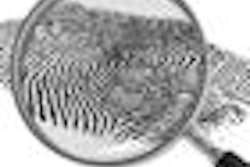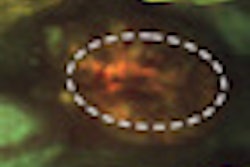Saint Louis University Cancer Center has received a $50,000 grant from the Lottie Caroline Hardy Charitable Trust to study a therapy that targets head and neck cancer cells while sparing those that are healthy, the university announced.
Govindaswamy Chinnadurai, PhD, a professor of molecular virology at Saint Louis University, is using an animal model of head and neck cancer to conduct his research. He is using a viral vector, a modified virus that carries specific mutations, that selectively destroys cancer cells without affecting normal cells.
This strategy may be particularly promising to treat a specific type of head and neck cancer that does not respond well to traditional chemotherapy and radiotherapy, Chinnadurai noted.
More than 90% of head and neck cancers are squamous cell carcinoma, and more than 500,000 new cases of these cancers are detected worldwide each year.
In the last 15 years, there has been a dramatic increase in head and neck squamous cell cancers that are related to human papillomavirus (HPV). While most squamous cell carcinoma is treated with chemotherapy and radiotherapy regiments, certain subgroups of HPV-related head and neck cancers do not respond well to the standard treatments. Patients who undergo the standard treatments frequently relapse, and the cancer often is fatal.
In addition, traditional radiotherapy and chemotherapy of sensitive organs, such as the voice box, causes scar tissue which prevents a person from speaking normally.
Chinnadurai has developed a novel viral vector that could be used to kill HPV-related squamous cell carcinoma in the neck. He will study the treatment, called an oncolytic adenovirus vector, in an animal model to assess its ability to destroy the tumor while preserving healthy tissue.
"Depending on the results, we may make an application to the [U.S. Food and Drug Administration] for a clinical trial of our vector for both treatments of HPV-negative and HPV-positive human head and neck cancers," Chinnadurai said in a press release.



















